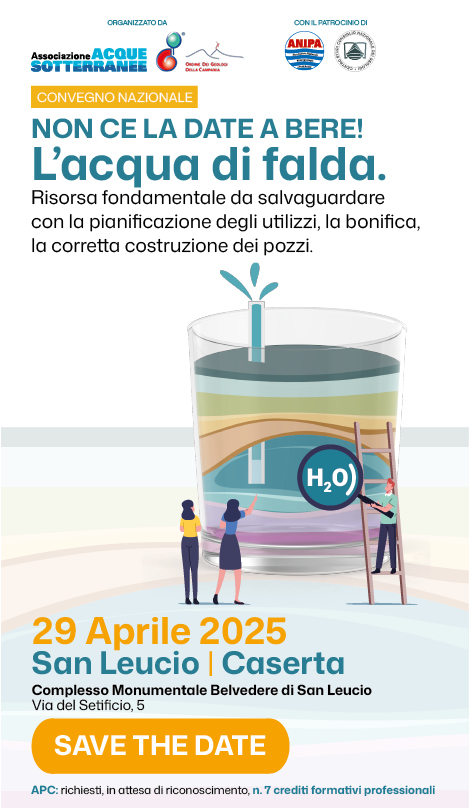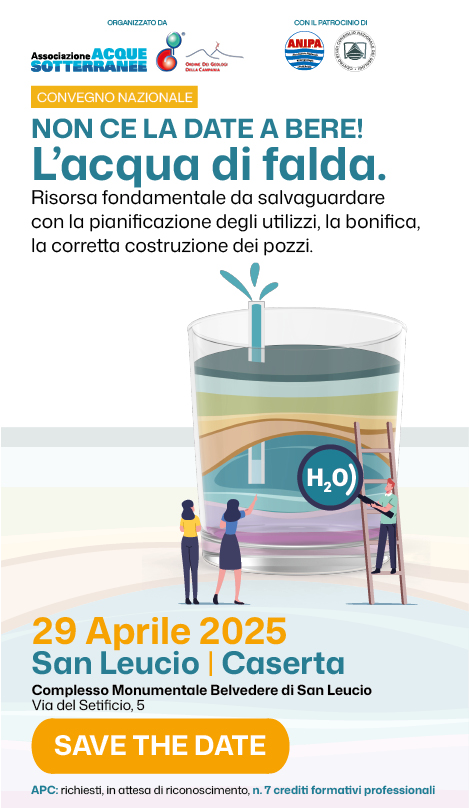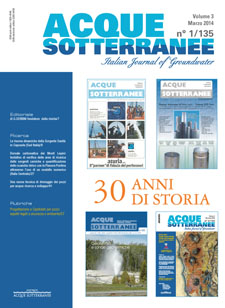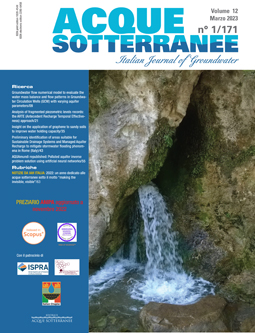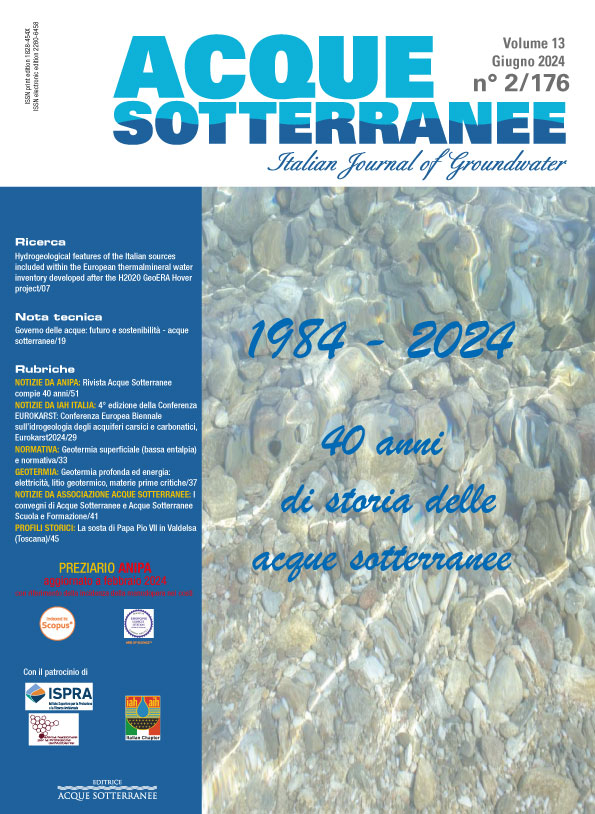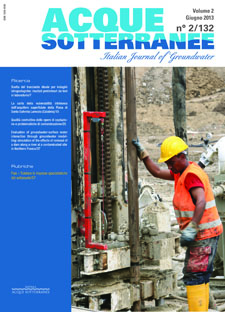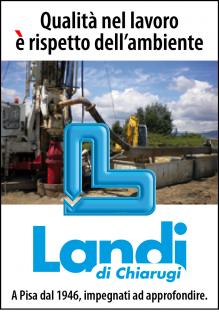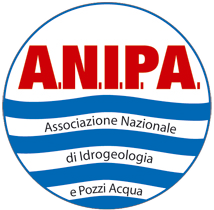Integration of scientific and technological progress into practical uses in water resources management
This research aimed at examining the integration of scientific and technological progress into practical uses in water resources management and highlighting an existing interface, the WISE-RTD Web Portal that was built to aid the science-policy communication of the European water legislation. It also presents the different possible solutions to address the science-policy and industry communication gaps. Based on the several lessons arising from existing literature, it is noted that challenges to the take up of science in policy stem from the fact that science and policy communities have very different “cultures”. Not only do most members understand each other poorly, in general most scientists have little time to engage with policy makers as their career path usually depends instead on research and scientific publications. Similarly, policy officials have little time to engage with scientists or the scientific information is not easily accessible or adapted to the policy implementation jargon.
The two communities also often find themselves working to very different timescales, hence face difficulties of matching in-depth research and reporting with the day-to-day needs of policy making/decisions. Difficulties experienced to date stem from the fact that there is no sufficient streamlining of information from the scientific community to policy decision-makers and vice versa. Solutions consist of science-policy interfacing and communication channels. One such channel currently under development is the WISE-RTD Water Knowledge Portal. It is based on an intelligent matching system that maps research results and water technologies to water policies. Other solutions discussed in the paper are the need for scientists & research projects to establish a “Policy Watch” to anticipate policy evidence requirements and greater interaction, discussion and deliberation between researchers and policy makers is called for. It should also be noted that science-policy interfacing is about people; a focus solely on flows of information will not be able to build effective transfer mechanisms without these interactions.

